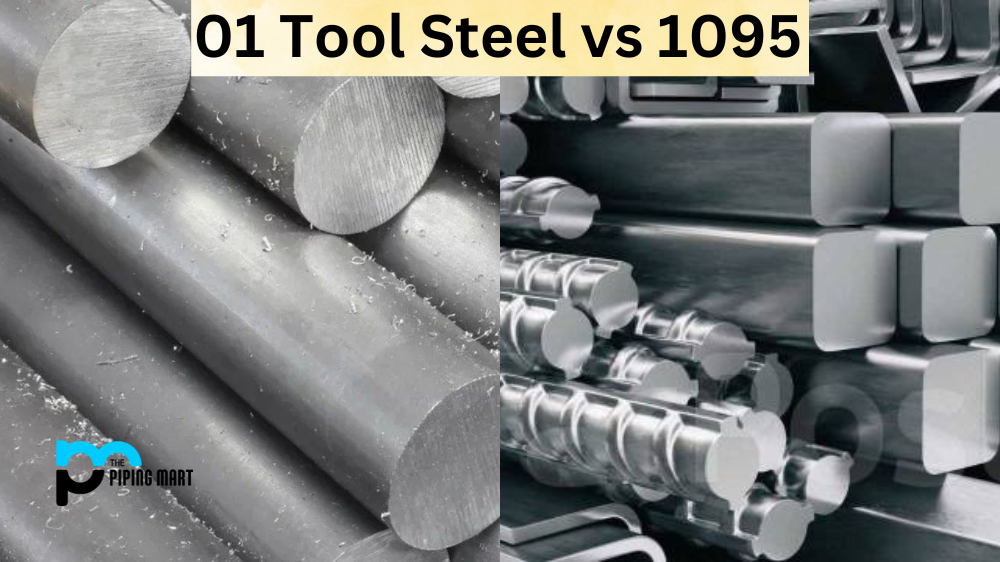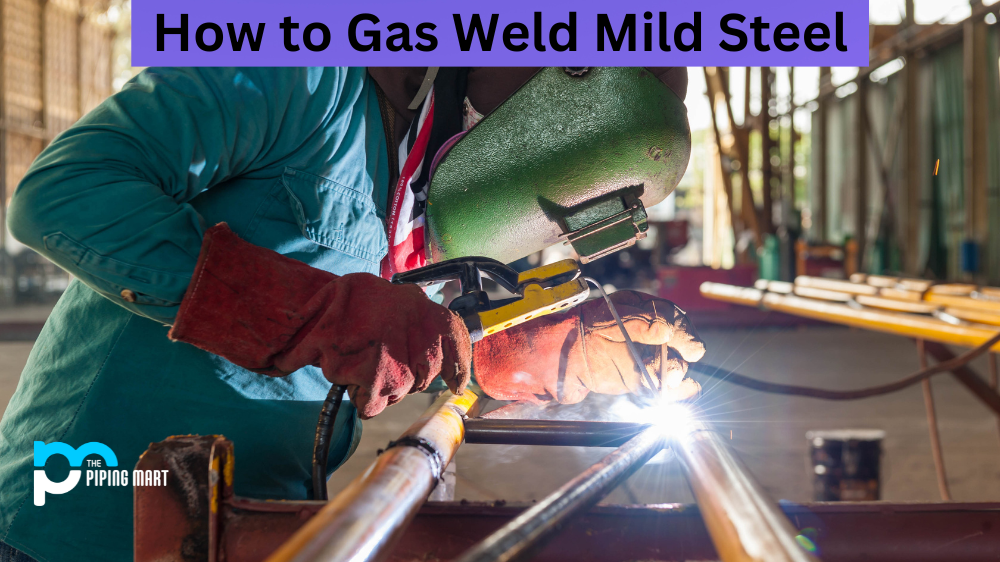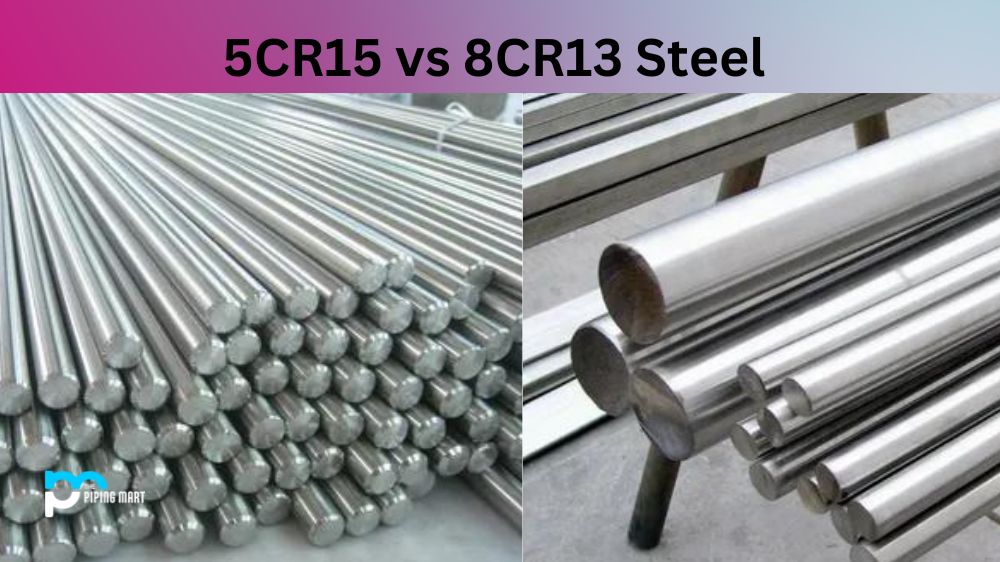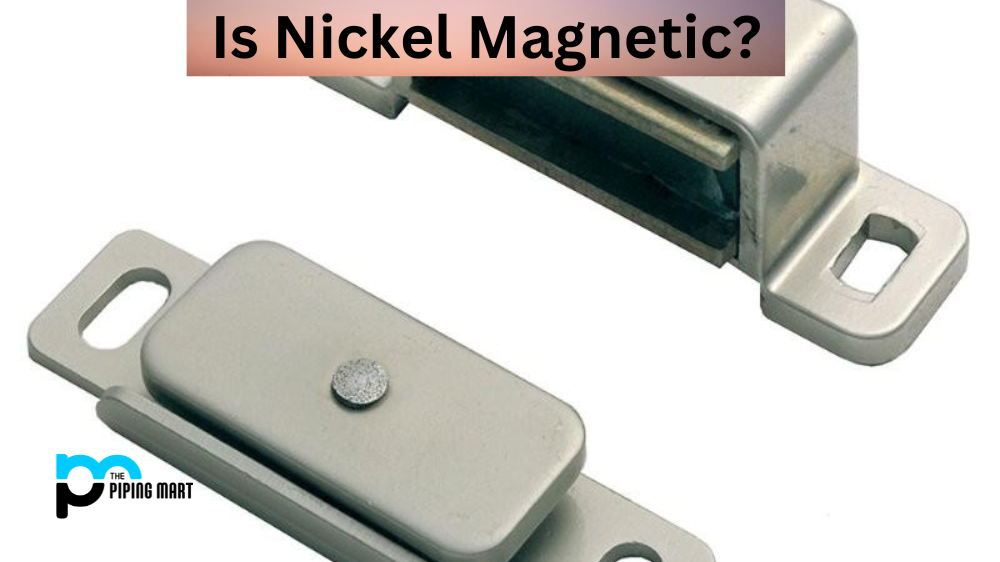If you’re into knife making, you know the importance of selecting the right steel for the job. Steel is the backbone of a good knife, and choosing the right one can make a huge difference in the performance of your knife. This blog compares two popular knife-making choices – 01 Tool Steel and 1095 – and compares their properties, advantages, and disadvantages. Ultimately, you can decide which steel is the best for your knives.
Where is 01 Tool Steel?
01 Tool Steel is a high-carbon steel with a 0.95-1.06% carbon content. It is one of the most popular knife-making choices, as it’s extremely tough, durable, and wear-resistant. It’s also corrosion-resistant, easy to sharpen, and holds an edge well. 01 Tool Steel is a good choice for heavy-duty knives that will be subjected to much abuse, such as hunting, survival, and bushcraft. However, due to its toughness, it cannot be easy to work with and may require specialized tools and equipment.
What is 1095?
1095 is also a high-carbon steel with a carbon content of 0.90-1.03%. It’s another popular choice for knife making, as it’s affordable, easy to work with, and holds an edge well. 1095 is ideal for making pocket and kitchen knives that will be used for cutting and slicing. It’s also resistant to corrosion and easy to sharpen. However, 1095 is not as wear-resistant as other steels and may not hold an edge as long under heavy use. It’s important to note that 1095 is more difficult to sharpen than other steels due to its high carbon content and hardness.
Difference Between 01 Tool Steel and 1095
Composition and Properties
Both 01 Tool Steel and 1095 are high-carbon steels, which means they are tougher and more wear-resistant than others. However, the difference lies in their composition and properties. 01 Tool Steel has a higher carbon content than 1095, making it tougher, more wear-resistant, and more difficult to work with. Additionally, 01 Tool Steel contains chromium, making it more corrosion-resistant. On the other hand, 1095 is more affordable, easier to work with, and holds an edge better than 01 Tool Steel. However, it’s not as tough or wear-resistant as 01 Tool Steel.
Advantages and Disadvantages
The advantage of 01 Tool Steel is its toughness and wear resistance, which makes it ideal for heavy-duty knives. It’s also resistant to corrosion and easy to sharpen. The disadvantage is that it’s difficult to work with and may require specialized equipment. The advantage of 1095 is its affordability, ease of use, and edge retention. It’s also resistant to corrosion and easy to sharpen. The disadvantage is that it’s not as wear-resistant as other steels and may not hold an edge as long under heavy use.
Hardness
01 tool steel has a hardness of 60-61 HRC. 1095 steel has a hardness of 55-60 HRC.
Edge Retention
01 tool steel has excellent edge retention. 1095 steel also has excellent edge retention.
Corrosion Resistance
01 tool steel has good corrosion resistance. 1095 steel has poor corrosion resistance.
Price
01 tool steel is more expensive than 1095 steel.
Conclusion
In conclusion, 01 Tool Steel and 1095 are great knife-making choices, and the best one depends on your needs and preferences. If you need a tough, wear-resistant knife that can handle heavy use, 01 Tool Steel is the way to go. If you’re making a knife for everyday use, 1095 is a good option. Whichever steel you choose, use the right techniques and tools to get the most out of your steel. Happy knife-making!
Sakshee is a talented blogger, with a particular focus on the Business and Metal Industry. She is passionate about sharing her insights on various metal products and helping professionals to make a better decisions.




